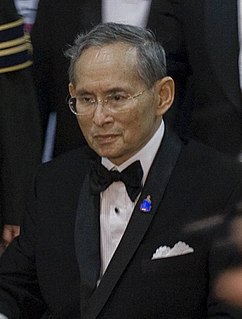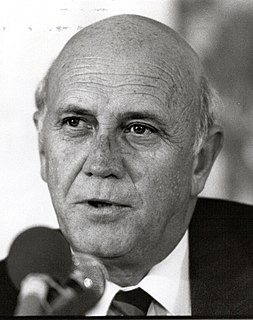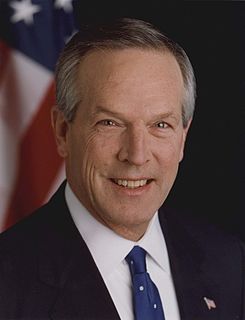A Quote by Jonah Goldberg
Free trade has been proven, time and again, as a reliable path to economic development. It pushes the public and private sectors alike toward greater accountability and transparency. It lifts people out of poverty, and while it can force unsettling changes on a society, those changes prove to be worthwhile in a very short time.
Quote Topics
Accountability
Again
Alike
Been
Changes
Development
Economic
Economic Development
Force
Free
Free Trade
Greater
Lifts
Out
Path
People
Poverty
Private
Private Sector
Prove
Proven
Public
Pushes
Reliable
Sectors
Short
Short Time
Society
Those
Time
Toward
Trade
Transparency
Unsettling
Very
While
Worthwhile
Related Quotes
What I did not know yet about hunger, but would find out over the next twenty-one years, was that brilliant theorists of economics do not find it worthwhile to spend time discussing issues of poverty and hunger. They believe that these will be resolved when general economic prosperity increases. These economists spend all their talents detailing the process of development and prosperity, but rarely reflect on the origin and development of poverty and hunger. A a result, poverty continues.
When you're an adolescent, you suddenly wake up one morning and your body is an enemy. There are hormonal changes, physical changes, emotional changes. People are saying to you, 'Now you have to make the decisions that define the rest of your life.' The X-Men takes those elements and pushes them one giant step farther.
From the time I entered cabinet, the emphasis was on reforms, but reforms which did not abolish separate development, but reforms which were aimed at changing the very, very dehumanising aspects. Giving greater freedom of movement, giving private property ownership within so-called white South Africa also to blacks. Abolishing the concept of job reservation on the basis of race and colour. Allowing free organisation for trade unions, also black trade unions.
Changes in society are due chiefly to the development of the internal contradictions in society, that is, the contradiction between the productive forces and the relations of production, the contradiction between classes and the contradiction between the old and the new; it is the development of these contradictions that pushes society forward and gives the impetu6 for the suppression of the old society by the new.
Capitalism as a social order and as a creed is the expression of the belief in economic progress as leading toward the freedom and equality of the individual in a free and open society. Marxism expects this society to result from the abolition of private profit. Capitalism expects the free and equal society to result from the enthronement of private profit as supreme ruler of social behavior.

































